
How Hong Kong actor/director Jimmy Wang Yu channelled samurai movie master Akira Kurosawa in 1973 epic Beach of the War Gods
- Jimmy Wang Yu based Beach of the War Gods, his underrated 1973 tale of Chinese villagers, martial artists and pirates, on Akira Kurosawa’s film Seven Samurai
- An expert gives his thoughts on Wang’s inspirations and ‘dedication to the art of action’, and reveals titbits about the film such as why it was shot in Taiwan
Jimmy Wang Yu is best known for his leading roles in classic films directed by Chang Cheh such as One-Armed Swordsman, but he quickly became an influential director himself – his 1970 film The Chinese Boxer started the fashion for hand-to-hand combat in Hong Kong films.
Wang’s 1973 film Beach of the War Gods, based on Akira Kurosawa’s classic Seven Samurai, is one of his most underrated films as director.
The story, about Chinese villagers working with a band of martial artists to defeat Japanese pirates, features a surfeit of mass battle scenes akin to those found in war films.
We talked to Hong Kong-born expert on Asian film Frank Djeng, who provided the narration for Eureka Film’s 50th Anniversary Blu-ray release of the movie, about what makes Beach of the War Gods such a great watch.
“Beach of the War Gods” looks to have been influenced by Akira Kurosawa’s samurai films.
The story of Chinese villagers who recruit outsiders to defend themselves against Japanese marauders was an obvious retelling of Kurosawa’s Seven Samurai, and the entire sequence of Wang’s mysterious wanderer character recruiting warriors to fight the pirates was also a nod to his 1954 classic.
How to make a Hong Kong action film: the secrets of directors like John Woo
There are a lot of mass battle scenes – it’s as much a war film as a martial arts film.
I don’t think Beach of the War Gods is a martial arts film, as there are really only two hand-to-hand fight scenes.
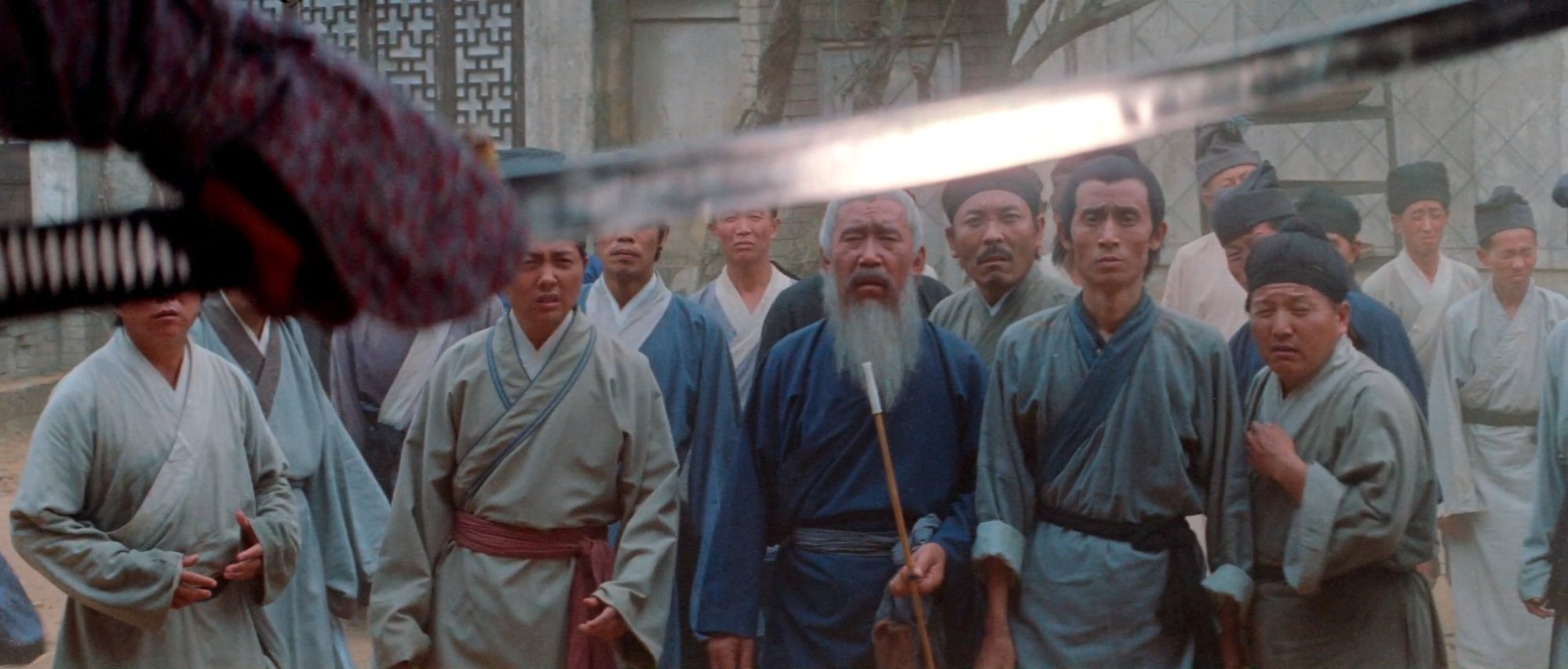
The film is a hybrid, a combination of a war film and a wuxia film, but with more emphasis on the war film aspect.
The time devoted to developing the strategy and tactics prior to the assault, and the way we see them utilised later, puts Beach of the War Gods into the war film category – especially as the last part is one long battle against the Japanese pirates depicted in a military fashion.
Is that end battle the longest uninterrupted fight scene ever in Hong Kong martial arts films?
Yes, the entire battle sequence that begins at the film’s 52-minute mark is 47 minutes long, and 50 years later it’s still the longest uninterrupted fight scene in Hong Kong film history!
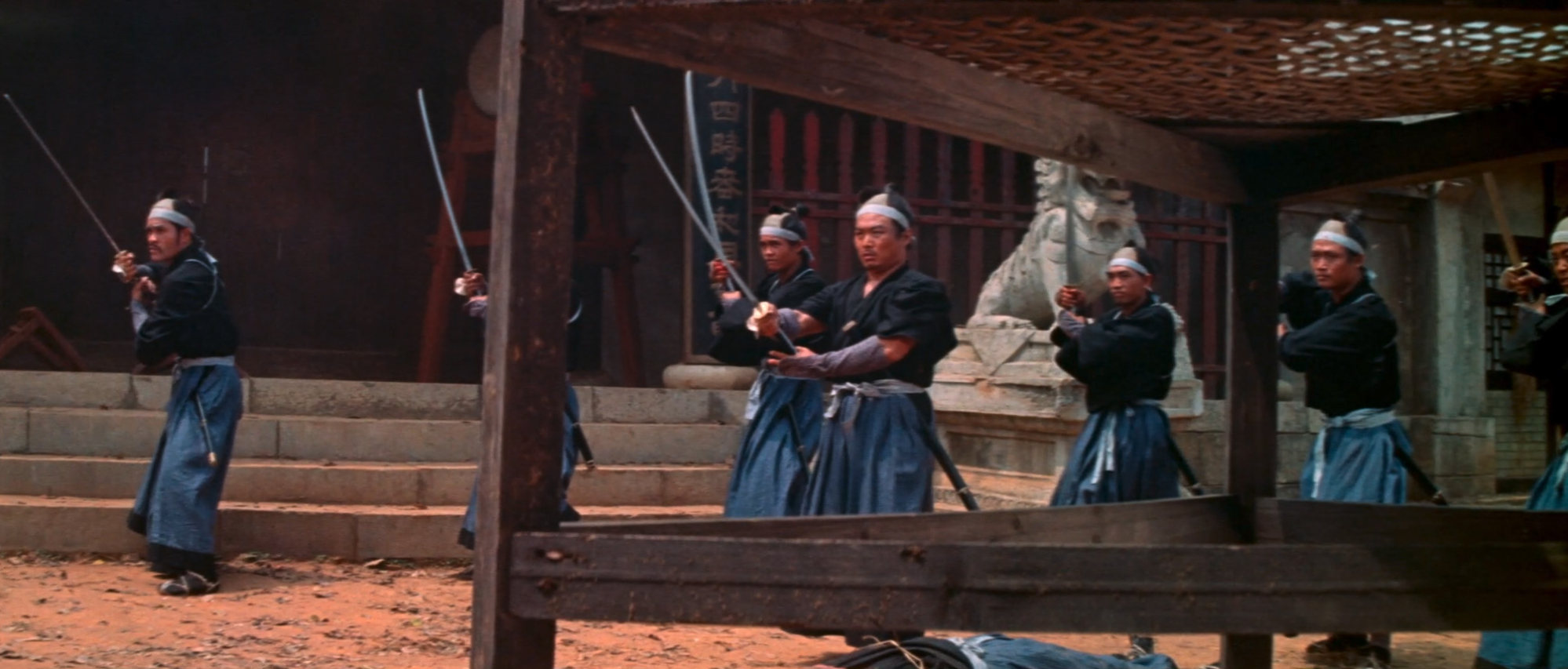
What do you think of the action?
What impressed me the most was that in all the battle scenes involving crowds, all the extras in the background were really fighting.
They’re not just walking around, or doing what I often refer to as the “assembly style of fighting”, where they’re just waiting to fight.
This was extremely rare in Chinese action cinema. Wang put a lot of effort into imitating the kind of fighting one would encounter in an actual battle/war setting. It must have been excruciatingly difficult to pull off, and it shows true dedication to the art of action.
The 10 best films of martial arts star Jimmy Wang Yu, who has died aged 79
The samurai sword styles look more accurate than in most Hong Kong films.
Wang wanted samurai sword styles to be shown in the action sequences, which makes perfect sense since the villains were Japanese.
So right away, in the opening minutes, there is a Yojimbo-like swordplay sequence that’s straight out of chanbara films, with the slashing style of fighting, and the theatrical “frozen” pose of the enemy before they fall to the ground.

Was there still a lot of anti-Japanese feeling in Hong Kong when the film was made?
There was definitely still a lot of anti-Japanese sentiment in Hong Kong – and Taiwan – when Beach of the War Gods was made, because the memories of the Sino-Japanese war and the three years and eight months of the Japanese occupation of Hong Kong were still strong.
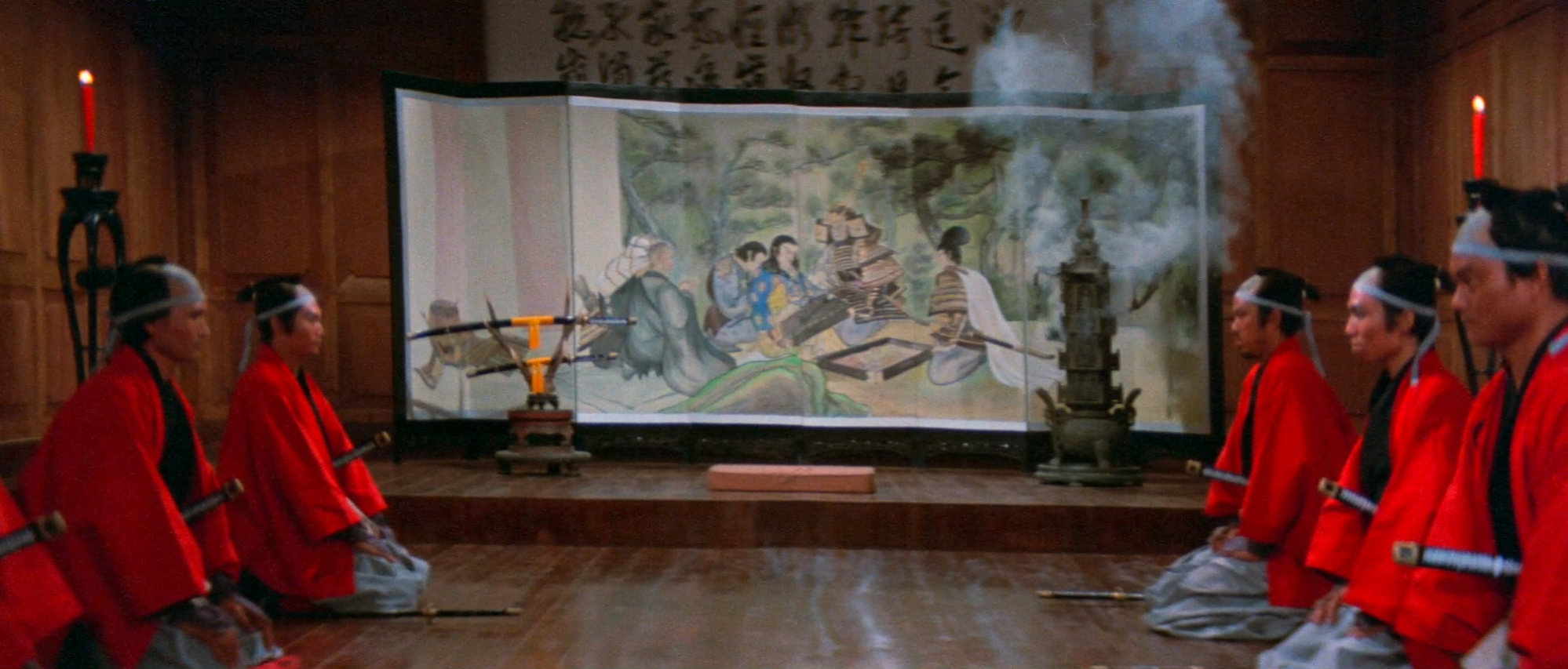
It’s a Hong Kong production, so why was it shot in Taiwan?
Wang had gone over to Japan a little more than a year before to make Zatoichi Meets the One-Armed Swordsman for Golden Harvest and Japan’s Daiei while he was still contracted to Shaw Brothers.
This led to a legal dispute with Shaw Brothers which he lost. That led to Wang being banned from making films in Hong Kong, so he moved to Taiwan to make films for Golden Harvest there.
How Jimmy Wang’s One-Armed Boxer gave kung fu films a tougher look
Beach of the War Gods was very much a Taiwanese production with an entirely Taiwanese cast and crew, except for one of the editors, Peter Cheung Yiu-chung.
It’s Wang’s fifth film as director – do you think his directorial skills had improved?
His skills as a director had definitely improved. Beach of the War Gods was way above the kind of quality one sees in Taiwanese films of that era, and even surpasses some Hong Kong films.
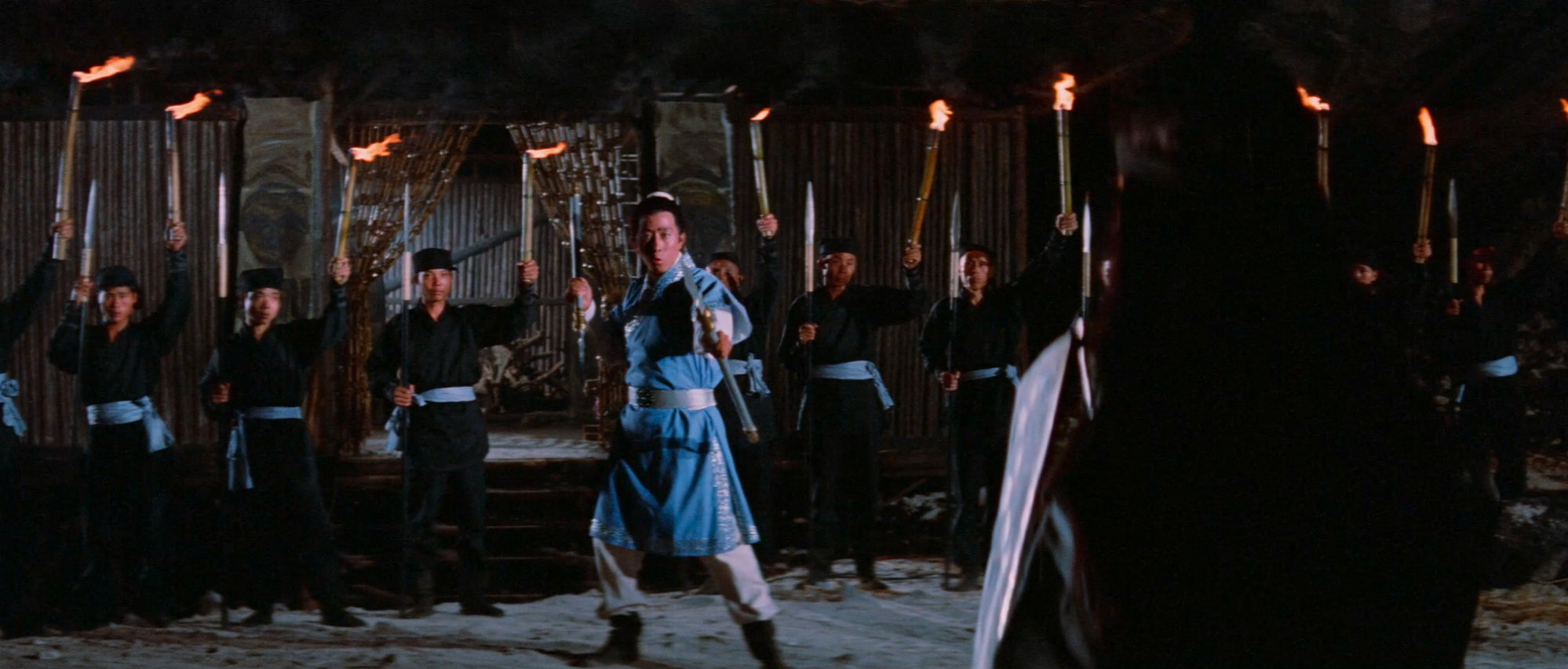
This can be seen in the dialogue scenes as well as the action sequences – for instance, the planning scenes were usually rather flat, but he enhanced them by having things like watermills in the background. He really wanted to make those scenes look better.
The lack of a single female character was a glaring omission.
You have said it even reminds you of the master director King Hu in places. How’s that?
So there were a lot of cinematic references to A Touch of Zen in Beach of the War Gods’ many framing shots and camera movements, and there was also the use of a trampoline for some of the jumps in the action sequences.
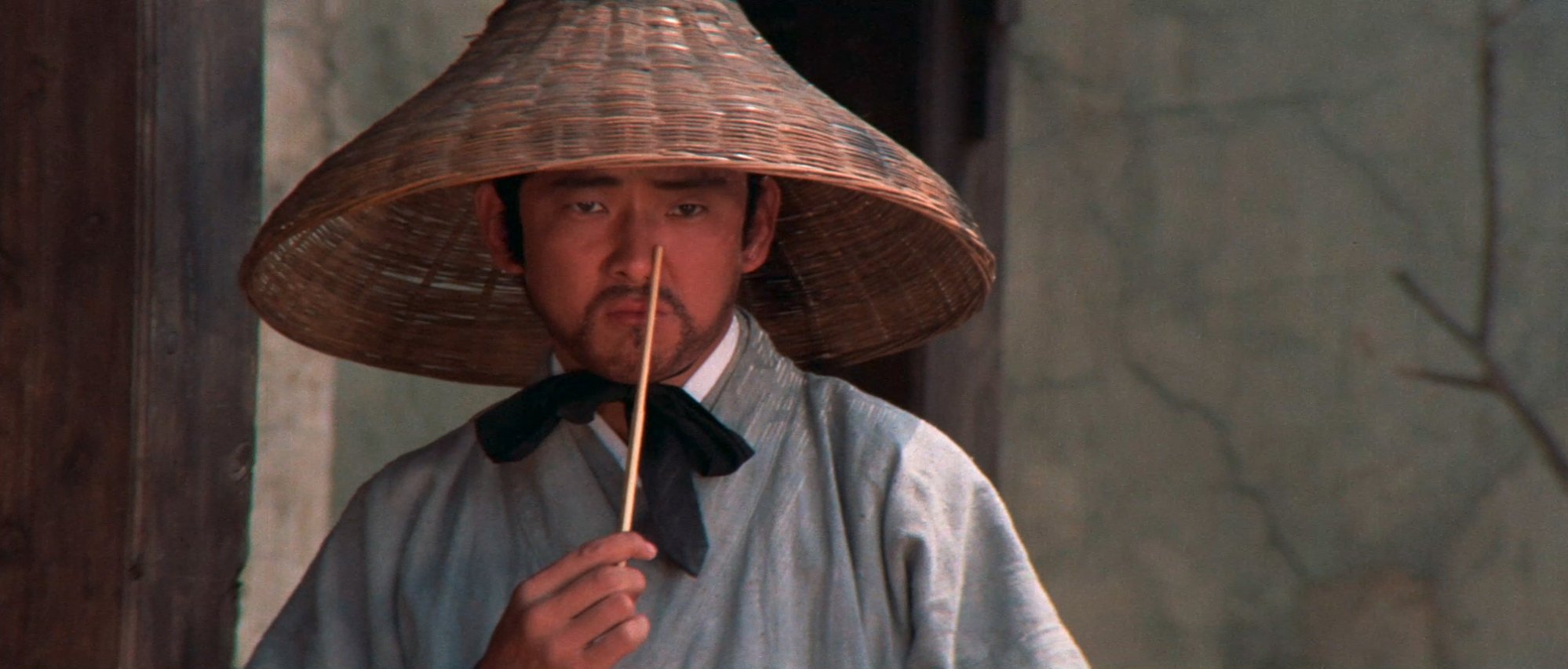
The film did surprisingly badly at the Hong Kong box office when it was released. Why was that?
Beach of the War Gods was only in Hong Kong cinemas for five days, and the film’s HK$370,000 box office was considered to be low.
Like an Asian Henry Fonda: Jimmy Wang Yu the hero in 1967 film The Assassin
And even though it was a Golden Harvest production, Hong Kong audiences felt it was really a Taiwanese film, as all of the other actors in the film were Taiwanese with no name recognition in Hong Kong – with the exception of [Taiwan’s] Tien Yeh, who played the knife-wielding killer.
In this regular feature series on the best of Hong Kong cinema, we examine the legacy of classic films, re-evaluate the careers of its greatest stars, and revisit some of the lesser-known aspects of the beloved industry.
